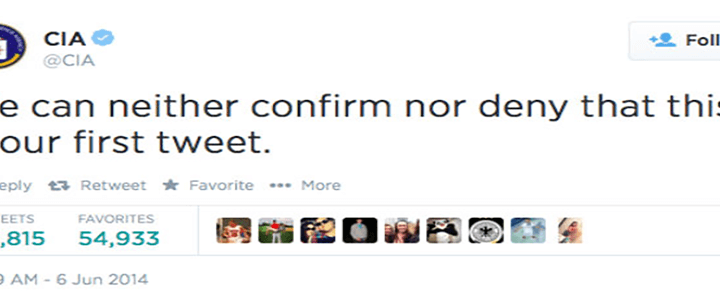Another day, another high profile leak of classified information. Our Daily Intel column has addressed the variety of leaks – from whether or not they’re treason, to whether or not they’ve been somehow sanctioned. That debate aside, it’s important for security clearance holders to understand the Washington Post is not a declassification authority. Just because you see a piece of classified information online, doesn’t mean it should be there – and it certainly doesn’t mean you should share it.
The waters were a bit easier to navigate when it was primarily Wikileaks offering up government secrets. But now with niche publications like The Intercept, and established ones such as the Washington Post, releasing a steady stream of classified information, it’s worth another reminder. It’s easy enough not to view or share sites where you know you’ll find classified information. But now you may easily come across it without looking for it.
Is that a problem? Probably not. And if you happen to skim the same article leaking classified information everyone else is reading, you probably don’t need to report it to your security officer. If you’re in doubt about whether or not something you saw is classified, or you wonder if you wonder if an article you read reveals sensitive information, go ahead and share it with your security officer. They’re probably looking for examples they can include in their next security briefing, anyway.
Drop That Share Button
The issue for cleared professionals comes with that itchy ‘share’ finger (button) on so many news sites (including ClearanceJobs – you obviously should share every article you read here on your social media sites – you’ll probably even get promoted for doing it). With continuous monitoring expanding across the cleared workforce, your social media sites (specifically any publicly facing ones such as a public Twitter or LinkedIn profile) will soon be fodder for the government. They won’t care who you decided to swipe left on Tinder (although, according to court documents, they can find out) – but they might care about you sharing articles that include classified information.
Unlike that Washington Post columnist, security professionals *could* be prosecuted for sharing classified information. And while hitting that share button may seem innocuous, keep in mind, it gives the appearance of concurrence. Even if it’s a great topic, it’s probably not worth the risk.




